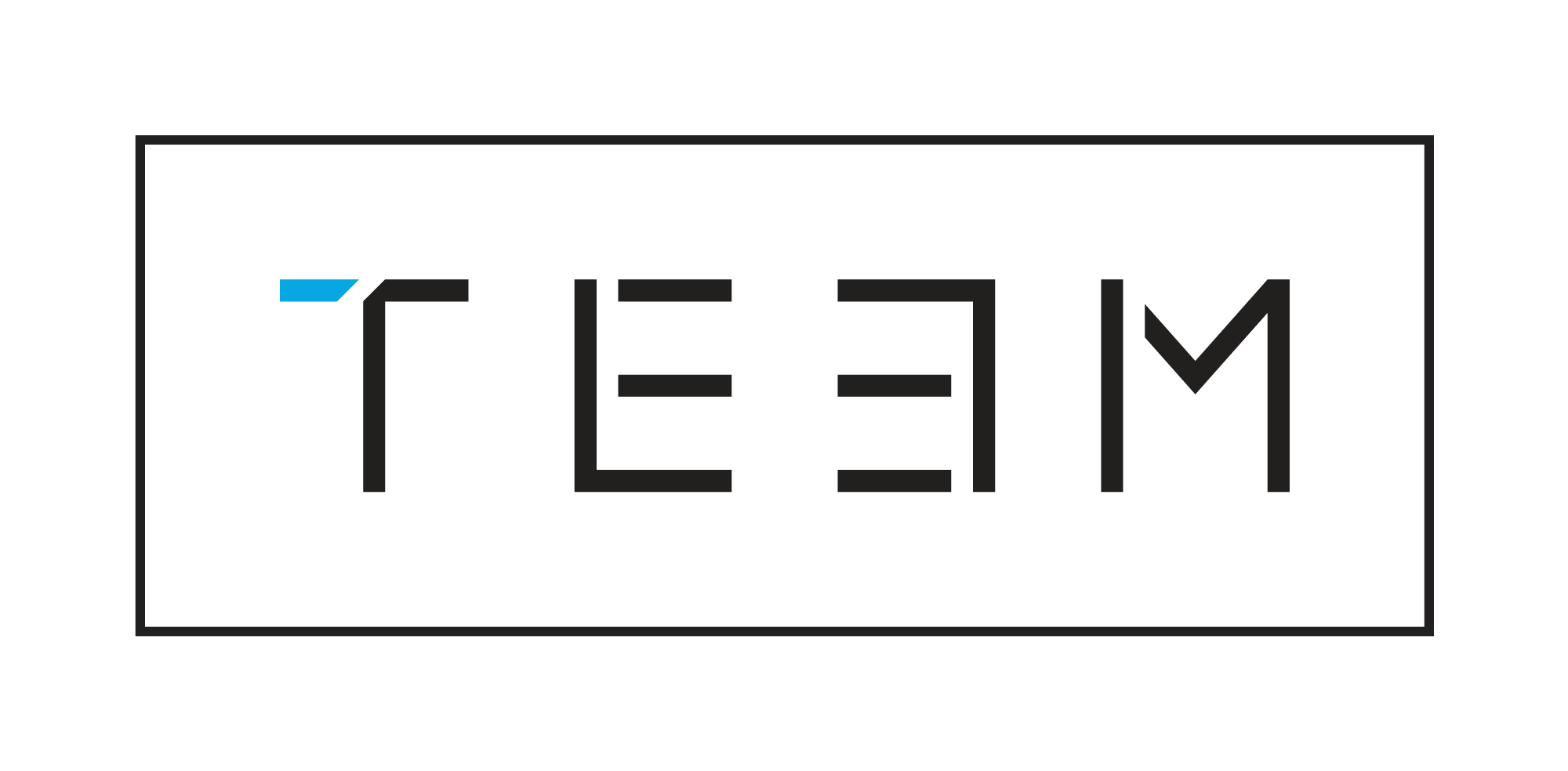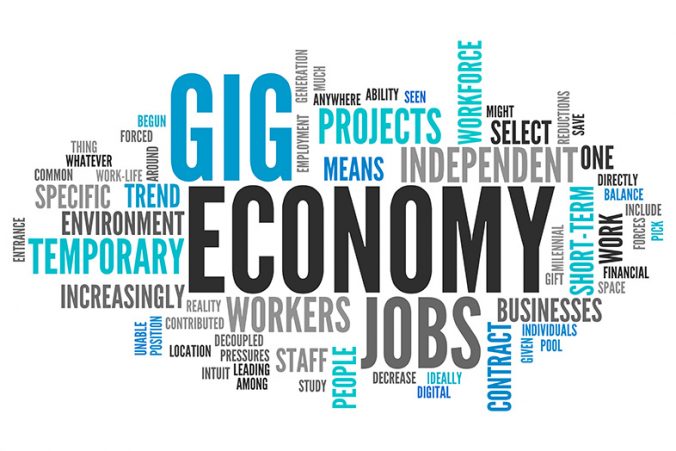TEEM has been on the front line of the freelance movement for 8 years. It has not always been easy, or clean, but we’ve seen it all. From launching Scrib, the first co-working space in Boulder, Colorado, years before co-working penetrated the interior of the US. To becoming one of the first agencies to adopt a 100% freelance talent model, we have been way-pavers in the gig economy. This position has given us a unique perspective on the pros and cons of the new workforce. There are a few cornerstones of the freelance movement that I believe are indicators of the future of work. And regardless of whether you are a W4 or a 1099, you will feel their influence on the way you engage with coworkers and perform your job. Let’s deconstruct some of the high-level themes of the new workforce.
The new nature of work is initiative-based and will increasingly cease to be linear.
I have to admit that this tenet of the new workforce is attractive to me. I’ve never been a maintainer… I like to build things, and once everything is refined and clicking along in maintenance mode I tend to quickly lose interest. While I recognize that many members of the workforce love to sit at a desk and stamp the same form 100 times a day, that type of rote, task-oriented role would make me pull my hair out. But regardless of whether you like routine or madness, the reality is that work will increasingly lose its linearity as the initiative-based nature of innovation and implementation accelerates. More and more, we are all project people. Everyone today is a ‘gigger,’ and your job stability is tied to your ability to contribute in a profound way to a core project as opposed to a repetitive task. Even if you pull a salary, you will probably switch jobs frequently, move around within your company, and latch onto one initiative or another for spurts of months or years.
Compensation will be aligned to value and effort – not simply hours.
Hours. I guess they still matter, but as the nature of work shifts they tend to matter less and less. Even with TEEM’s freelance workforce we largely engage with contractors on a fixed fee project basis that is tied to the value of work to our clientele. What really matters – what makes most leaders smile – is advancing the ball. Contributing imaginative ideas, critical thinking, communication skills, and problem solving will trump being a ‘workhorse’ or a ‘steady-Eddy’ any day of the week. Whether you are a short-term part-time contractor, a perma-lancer, or an employee, your longevity and income will probably be driven by your perceived value to the major initiatives undertaken by a company’s leadership. Do you wonder how to advance your career and reach your earning potential in a new era of work? I encourage you to assess how much you are contributing to a big idea – not how many hours you are logging or how faithful you are to the company (whatever that means these days). I can almost guarantee that your compensation and incentives will be driven by how much you help a client or an employer attain their big vision, so learn how to gauge and present that value and you will reap the rewards.
New workforce teams will continually morph and change. Get used to it.
Our job tenure continues to shorten. Contract workers will make up 50% of the workforce by 2020. There are a myriad of statistics pointing to the fluid, temporal nature of modern work. The reality is that most of the people you work with today will not be your teammates in a year. That doesn’t mean they aren’t loyal or have no value now, it just means that change is the only constant and we do well to embrace it rather than resist. As difficult as team transitions can be, fresh ideas and new perspectives can be incredibly beneficial on projects. It’s healthy for people to move on when they are no longer invigorated by their day-to-day work or their environment. Make peace with the changes on your team, and do your best to collaborate well and remain open-minded regardless of the flow. Change is the new normal, and your ability to work with an ever-evolving cast of characters in a productive way, will be crucial to your success over time. (And remember that you will also be part of the changing cast and you want your coworkers to be gentle, supportive and welcoming to you.)
‘Stability’ will be rooted in continual learning, strategic thinking and the ability to communicate ideas globally.
My daughter is now 22 years old, and a few years ago asked a mentor of mine (who happens to be one of the top PR influencers of the last century) what she should focus on in college to be successful in the future. His sage advice was that if she could get along with anyone, communicate cross-culturally, and convey ideas clearly to global audiences she would never be without a high-paying job. I think he is right. The ability to be a good global team player will be an incredibly valuable commodity in the 21st century. At TEEM, we work with freelancers who are located around the world and work remotely. We ignore language barriers, geographic boundaries, and cultural divides and simply engage the absolute best person for the job. Whether you are employed or on your own, open your mind and heart to the whole world and you will be a valuable player in many capacities over the coming years. Engage in continual learning, absorb everything the people around you have to offer, and never lose your curiosity about the wonderful world we inhabit. Individuals and teams who are able to weather these changes to traditional workforce dynamics will thrive in the gig economy of the 2020’s and beyond. People who seek stability, payment regardless of whether their work has a real-world impact or not, and those who cannot work effectively within a diverse and ever-shifting workforce will go the way of the dinosaurs. I’d love to hear your thoughts on how these factors are impacting your day-to-day work. Let’s keep the conversation going. And welcome to the freelance economy.

